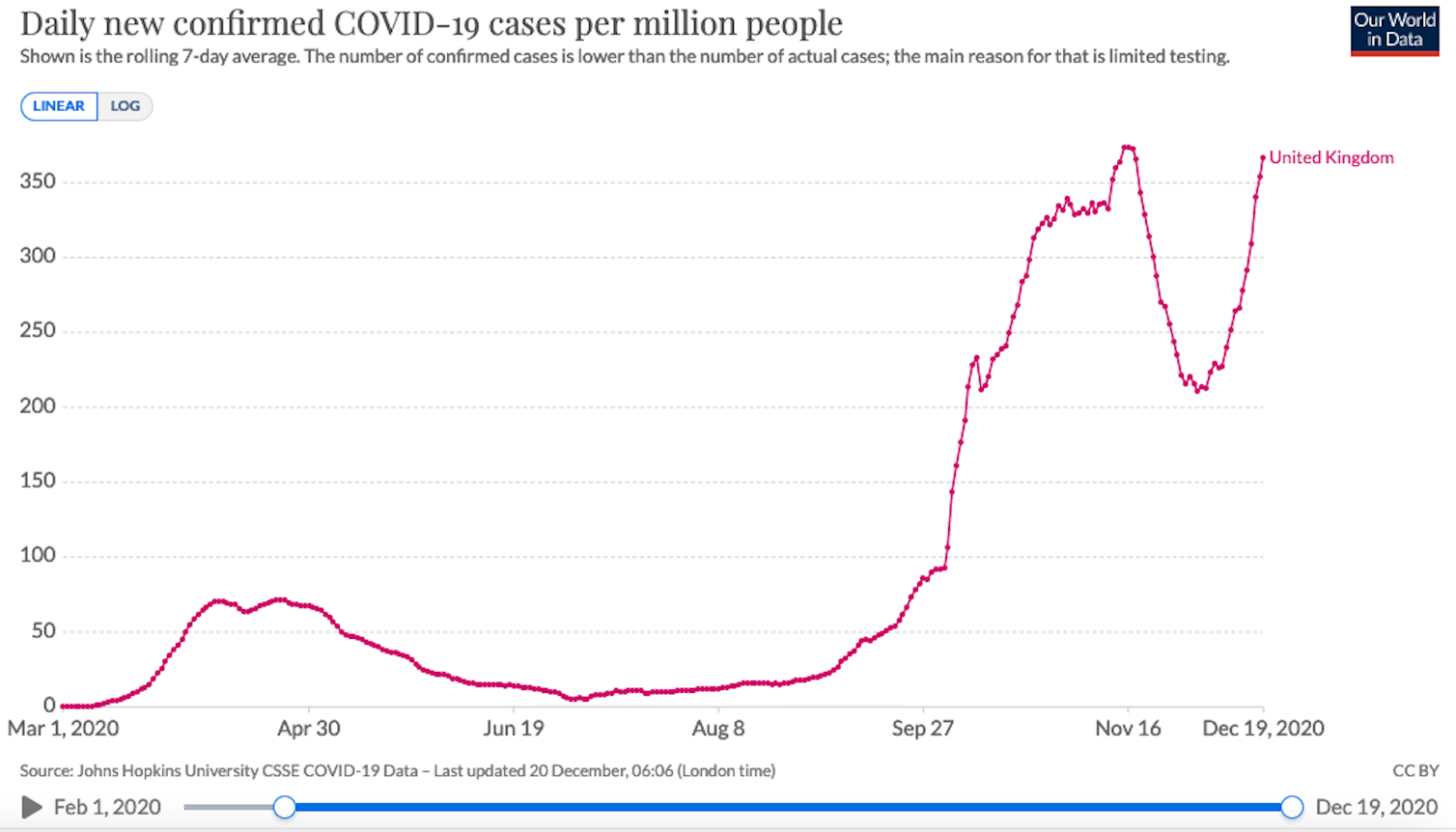Are Vets Being Forced To Compromise Care For Profit? A BBC Report

Table of Contents
Financial Pressures on Veterinary Practices
Veterinary clinics are facing unprecedented financial burdens, creating a challenging environment that may inadvertently lead to compromising care for profit. The rising costs of running a practice are squeezing profit margins, forcing difficult decisions about staffing, equipment, and even the level of care offered. These pressures are impacting practices of all sizes, from independent clinics to large corporate veterinary groups.
- Increased Rent and Utility Costs: The cost of leasing or owning veterinary premises continues to rise, significantly impacting overhead expenses.
- Higher Salaries Demanded by Skilled Veterinary Technicians: The demand for skilled veterinary technicians is high, leading to increased competition for qualified staff and consequently higher salaries.
- Rising Costs of Medications and Equipment: The price of essential medications, advanced diagnostic equipment, and surgical tools is constantly increasing, putting a strain on practice budgets.
- Competition from Large Corporate Veterinary Groups: The consolidation of the veterinary industry into large corporate groups creates increased competition, sometimes leading to price wars and reduced profitability for smaller, independent practices.
These financial constraints can indirectly influence treatment decisions. For example, a practice might be less inclined to invest in expensive diagnostic tests if profit margins are already tight, potentially leading to delayed or inaccurate diagnoses.
The Impact on Veterinary Care Quality
The financial pressures described above have the potential to significantly impact the quality of veterinary care. The BBC report suggests that some practices are forced to make difficult choices that compromise patient well-being, leading to potential ethical dilemmas.
- Rushed Appointments Leading to Missed Diagnoses: The pressure to see more clients in a shorter timeframe may lead to rushed appointments and a higher chance of overlooking crucial symptoms or subtle clinical signs.
- Pressure to Prioritize Profitable Procedures Over Necessary Ones: Clinics might be tempted to prioritize procedures with higher profit margins, even if other, less profitable treatments are medically necessary.
- Reduced Investment in Advanced Diagnostic Tools or Specialized Training: The high cost of advanced equipment and continuing professional development (CPD) may result in practices delaying upgrades or foregoing specialized training for their staff.
- Potential for Inadequate Pain Management Due to Cost Considerations: The cost of effective pain management can be substantial. Financial constraints may lead to compromises in this area, resulting in unnecessary suffering for animals.
The BBC report included specific examples of practices cutting corners due to financial pressures, including delaying crucial treatments and opting for cheaper but less effective medications.
The Client's Perspective: Navigating Veterinary Costs
The increasing cost of veterinary care presents significant challenges for pet owners. Many face heartbreaking decisions when confronted with high veterinary bills.
- Difficulty Affording Necessary Treatments: The cost of emergency care, surgery, or long-term medication can quickly exceed a pet owner's budget, forcing difficult choices between providing necessary care and their own financial stability.
- Difficult Conversations with Vets About Cost vs. Care: Many owners find themselves in uncomfortable conversations with their vets, negotiating the best possible care within their budget constraints.
- Increased Pet Insurance Uptake and Its Limitations: Pet insurance has become increasingly popular, but many policies have limitations and exclusions, leaving pet owners with significant out-of-pocket expenses.
- The Ethical Dilemma of Choosing Between Treatment and Financial Stability: This creates an incredibly stressful situation for pet owners, who are often forced to make heartbreaking decisions based on financial limitations rather than their pet's best interests.
These financial pressures strain the client-vet relationship, creating tension and potentially impacting the trust and open communication that are essential for optimal animal care.
Potential Solutions and Reforms
Addressing the issue of compromising care for profit in veterinary practices requires a multi-pronged approach involving government, professional organizations, and pet owners.
- Government Subsidies or Grants for Veterinary Care: Government intervention could help alleviate the financial burden on veterinary practices and pet owners through targeted subsidies or grants.
- Regulation of Veterinary Pricing and Transparency: Greater regulation and transparency in veterinary pricing could help ensure fair and reasonable costs for pet owners.
- Increased Investment in Veterinary Education and Training: Greater investment in veterinary education and training could improve the availability of skilled professionals and ensure best practices are followed.
- Improved Access to Affordable Pet Insurance: Expanding access to affordable and comprehensive pet insurance could help alleviate the financial burden on pet owners.
Professional organizations like the Royal College of Veterinary Surgeons (RCVS) and national veterinary associations have a crucial role to play in advocating for policy changes and promoting ethical practices within the profession.
Protecting Animal Welfare: The Need for Change in Veterinary Practices
The BBC report highlights a critical issue: the potential for veterinary practices to compromise care for profit. The increasing financial pressures on veterinary clinics directly impact the quality of animal care, forcing difficult choices that can negatively affect animal welfare and the client-vet relationship. Addressing this requires a collaborative effort involving vets, pet owners, and policymakers. Let's work together to ensure that financial pressures don't compromise care for profit in veterinary practices. Learn more and get involved today!

Featured Posts
-
 Alexander Zverevs Early Exit At Indian Wells A Griekspoor Victory
May 31, 2025
Alexander Zverevs Early Exit At Indian Wells A Griekspoor Victory
May 31, 2025 -
 Pro Motocross News Chase Sexton Missing Hangtown National
May 31, 2025
Pro Motocross News Chase Sexton Missing Hangtown National
May 31, 2025 -
 Global Covid 19 Update Who Identifies Potential New Variant Driving Infections
May 31, 2025
Global Covid 19 Update Who Identifies Potential New Variant Driving Infections
May 31, 2025 -
 Real Estate Market Collapse Analyzing Crisis Level Home Sales Data
May 31, 2025
Real Estate Market Collapse Analyzing Crisis Level Home Sales Data
May 31, 2025 -
 Minimalism In 30 Days Achieving A Simpler Lifestyle
May 31, 2025
Minimalism In 30 Days Achieving A Simpler Lifestyle
May 31, 2025
